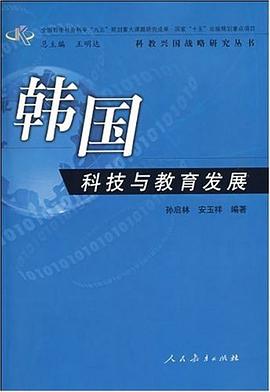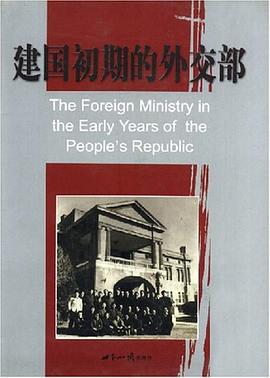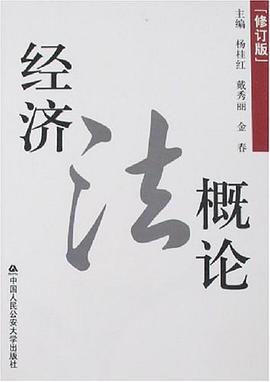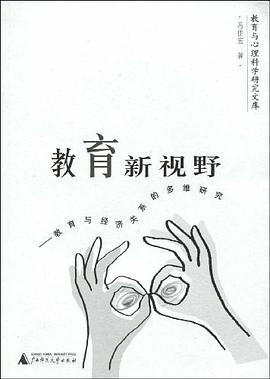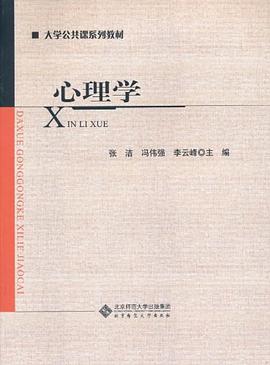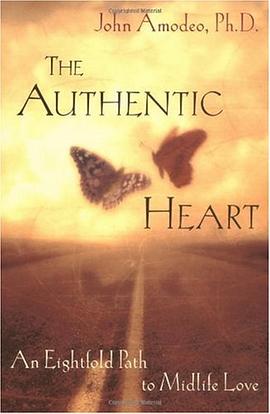
OT twenty minutes has passed since you left me here in the café, since I said No to your request, that I would never write out for you the story of my mortal life, how I became a vampire—how I came upon Marius only years after he had lost his human life.
Now here I am with your notebook open, using one of the sharp pointed eternal ink pens you left me, delighted at the sensuous press of the black ink into the expensive and flawless white paper.
Naturally, David, you would leave me something elegant, an inviting page. This notebook bound in dark varnished leather, is it not, tooled with a design of rich roses, thornless, yet leafy, a design that means only Design in the final analysis but bespeaks an authority. What is written beneath this heavy and handsome book cover will count, sayeth this cover.
The thick pages are ruled in light blue—you are practical, so thoughtful, and you probably know I almost never put pen to paper to write anything at all.
Even the sound of the pen has its allure, the sharp scratch rather like the finest quills in ancient Rome when I would put them to parchment to write my letters to my Father, when I would write in a diary my own laments . . . ah, that sound. The only thing missing here is the smell of ink, but we have the fine plastic pen which will not run out for volumes, making as fine and deep a black mark as I choose to make.
I am thinking about your request in writing. You see you will get something from me. I find myself yielding to it, almost as one of our human victims yields to us, discovering perhaps as the rain continues to fall outside, as the café continues with its noisy chatter, to think that this might not be the agony I presumed—reaching back over the two thousand years—but almost a pleasure, like the act of drinking blood itself.
I reach now for a victim who is not easy for me to overcome: my own past. Perhaps this victim will flee from me with a speed that equals my own. Whatever, I seek now a victim that I have never faced. And there is the thrill of the hunt in it, what the modern world calls investigation.
Why else would I see those times so vividly now? You had no magic potion to give me to loosen my thoughts. There is but one potion for us and it is blood.
You said at one point as we walked towards the café, “You will remember everything.”
You, who are so young amongst us yet were so old as a mortal, and such a scholar as a mortal. Perhaps it is natural that you so boldly attempt to collect our stories.
But why seek to explain here such curiosity as yours, such bravery in face of blood-drenched truth?
How could you have kindled in me this longing to go back, two thousand years, almost exactly— to tell of my mortal days on Earth in Rome, and how I joined Marius, and what little chance he had against Fate.
How could origins so deeply buried and so long denied suddenly beckon to me. A door snaps open. A light shines. Come in.
I sit back now in the café.
I write, but I pause and look around me at the people of this Paris café. I see the drab unisex fabrics of this age, the fresh American girl in her olive green military clothes, all of her possessions slung over her shoulder in a backpack; I see the old Frenchman who has come here for decades merely to look at the bare legs and arms of the young, to feed on the gestures as if he were a vampire, to wait for some exotic jewel of a moment when a woman sits back laughing, cigarette in hand, and the cloth of her synthetic blouse becomes tight over her breasts and there the nipples are visible.
Ah, old man. He is gray-haired and wears an expensive coat. He is no menace to anyone. He lives entirely in vision. Tonight he will go back to a modest but elegant apartment which he has maintained since the last Great World War, and he will watch films of the young beauty Brigitte Bardot. He lives in his eyes. He has not touched a woman in ten years.
I don’t drift, David. I drop anchor here. For I will not have my story pour forth as from a drunken oracle.
I see these mortals in a more attentive light. They are so fresh, so exotic and yet so luscious to me, these mortals; they look like tropical birds must have looked when I was a child; so full of fluttering, rebellious life, I wanted to clutch them to have it, to make their wings flap in my hands, to capture flight and own it and partake of it. Ah, that terrible moment in childhood when one accidentally crushes the life from a bright-red bird.
Yet they are sinister in their darker vestments, some of these mortals: the inevitable cocaine dealer—and they are everywhere, our finest prey—who waits for his contact in the far corner, his long leather coat styled by a noted Italian designer, his hair shaved close on the side and left bushy on the top to make him look distinctive, which it does, though there is no need when one considers his huge black eyes, and the hardness of what nature intended to be a generous mouth. He makes those quick impatient gestures with his cigarette lighter on the small marble table, the mark of the addicted; he twists, he turns, he cannot be comfortable. He doesn’t know that he will never be comfortable in life again. He wants to leave to snort the cocaine for which he burns and yet he must wait for the contact. His shoes are too shiny, and his long thin hands will never grow old.
I think he will die tonight, this man. I feel a slow gathering desire to kill him myself. He has fed so much poison to so many. Tracking him, wrapping him in my arms, I would not even have to wreathe him with visions. I would let him know that death has come in the form of a woman too white to be human, too smoothed by the centuries to be anything but a statue come to life. But those for whom he waits plot to kill him. And why should I intervene?
What do I look like to these people? A woman with long wavy clean brown hair that covers me much like a nun’s mantle, a face so white it appears cosmetically created, and eyes, abnormally brilliant, even from behind golden glasses.
Ah, we have a lot to be grateful for in the many styles of eyeglasses in this age—for if I were to take these off, I should have to keep my head bowed, not to startle people with the mere play of yellow and brown and gold in my eyes, that have grown ever more jewel-like over the centuries, so that I seem a blind woman set with topaz for her pupils, or rather carefully formed orbs of topaz, sapphire, even aquamarine.
Look, I have filled so many pages, and all I am saying is Yes, I will tell you how it began for me.
Yes, I will tell you the story of my mortal life in ancient Rome, how I came to love Marius and how we came to be together and then to part.
What a transformation in me, this resolution.
How powerful I feel as I hold this pen, and how eager to put us in sharp and clear perspective before I begin fulfilling your request.
This is Paris, in a time of peace. There is rain. High regal gray buildings with their double windows and iron balconies line this boulevard. Loud, tiny, dangerous automobiles race in the streets. Cafés, such as this, are overflowing with international tour- ists. Ancient churches are crowded here by tenements, palaces turned to museums, in whose rooms I linger for hours gazing at objects from Egypt or Sumer which are even older than me. Roman architecture is everywhere, absolute replicas of Temples of my time now serve as banks. The words of my native Latin suffuse the English language. Ovid, my beloved Ovid, the poet who predicted his poetry would outlast the Roman Empire, has been proved true.
Walk into any bookstore and you find him in neat, small paperbacks, designed to appeal to students.
Roman influence seeds itself, sprouting mighty oaks right through the modern forest of computers, digital disks, microviruses and space satellites.
It is easy here—as always—to find an embraceable evil, a despair worth tender fulfillment.
And with me there must always be some love of the victim, some mercy, some self-delusion that the death I bring does not mar the great shroud of inevitability, woven of trees and earth and stars, and human events, which hovers forever around us ready to close on all that is created, all that we know.
Last night, when you found me, how did it seem to you? I was alone on the bridge over the Seine, walking in the last dangerous darkness before dawn.
You saw me before I knew you were there. My hood was down and I let my eyes in the dim light of the bridge have their little moment of glory. My victim stood at the railing, no more than a child, but bruised and robbed by a hundred men. She wanted to die in the water. I don’t know if the Seine is deep enough for one to drown there. So near the Ile St.-Louis. So near Notre Dame. Perhaps it is, if one can resist a last struggle for life.
But I felt this victim’s soul like ashes, as though her spirit had been cremated and only the body remained, a worn, disease-ridden shell. I put my arm around her, and when I saw the fear in her small black eyes, when I saw the question coming, I wreathed her with images. The soot that covered my skin was not enough to keep me from looking like the Virgin Mary, and she sank into hymns and devotion, she even saw my veils in the colors she had known in churches of childhood, as she yielded to me, and I—knowing that I needn’t drink, but thirsting for her, thirsting for the anguish she could give forth in her final moment, thirsting for the tasty red blood that would fill my mouth and make me feel human for one instant in my very monstrosity—I gave in to her visions, bent her neck, ran my fingers over her sore tender skin, and then it was, when I sank my teeth into her, when I drank from her—it was then that I knew you were there. You watched.
I knew it, and I felt it, and I saw the image of us in your eye, d...
具体描述
读后感
评分
评分
评分
评分
用户评价
相关图书
本站所有内容均为互联网搜索引擎提供的公开搜索信息,本站不存储任何数据与内容,任何内容与数据均与本站无关,如有需要请联系相关搜索引擎包括但不限于百度,google,bing,sogou 等
© 2025 qciss.net All Rights Reserved. 小哈图书下载中心 版权所有







